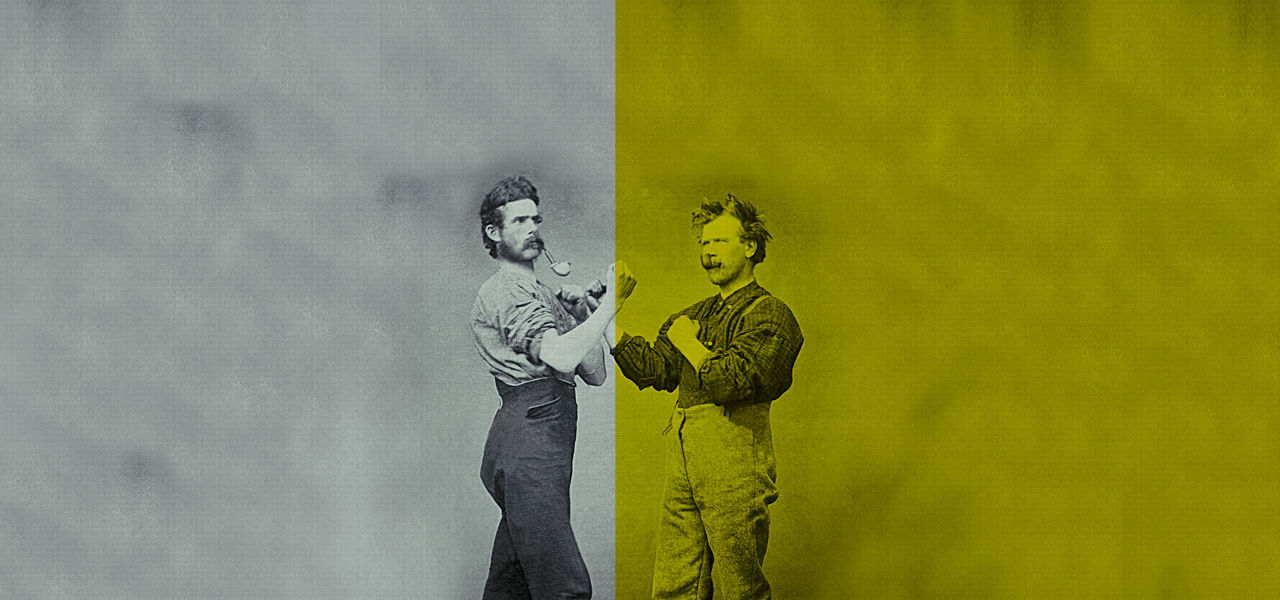Grime, Guts, and Glory
- knoxal1985
- Mar 14, 2018
- 4 min read
“Whoa! I found the backbone!” “Yeah, well I got the eyeball out. Feel it! It’s like jelly.” “Can I keep the tongue?”
These bloodthirsty comments did not proceed from a horde of hungry zombies, but the children in my summer science camp (which sometimes amounts to the same thing). These past three days have been packed full of exploration and experimentation, ranging from atomic models to leaf venation rubbings. And now dissections.
If you are lacking excitement in your life, try leading 25 ten to thirteen year olds in “gently” removing and identifying the parts of several frogs. Because their curiosity has not been quelled by the self-conscious squeamishness of teenagers, my kids eagerly dug in, sometimes discarding tools or even gloves to feel complex, slippery bits that once composed life. Of course, because I’m a staunch disciple of Socrates, we don’t end here. We discuss. Today’s question after dissection was twofold: Why did God make us from dirt, and why did He make us squishy? Many adults would balk at answering—“Could one really guess such a motive?"—but the kids responded matter-of-factly, “Dirt is dirty, everyone steps on it, and we need to be humble and thankful to God.” While my young philosophers’ ideas made sense, for the sake of argument, I’ve been flinging further guesses like pebbles into the expanse of what I do not know.
If you believe the literal account as I do, God spoke everything else into existence by a simple word. This eloquent, minimalist approach was good enough to spin up electrons and elephants, constellations and cabbages and codons. It was good. And it would have been just as humbling if we were made from nothing, from the complete void. But He didn’t speak us into existence. He used dirt, dust, mud. Why?
Dirt is curious, because it is simultaneously one of the most humbling yet important earthly materials. Everyone walks on it, but everyone walks on it. Upon dirt are built stately cathedrals and sprawling metropolises. It is lowly, but from it spring vast green fields and towering redwoods. Always voracious, dirt claims all things eventually, gnawing their remains until it absorbs them into its own entity. But again, despite its function as a foundation, the dirt on its own is not valuable or capable of anything.
If He desired to make us from the earth, why didn’t He use solid rock or metal, instead of broken particles of each? Despite my kids’ protests, God could still easily breathe the breath of life, thought, and emotion into a steel body. If we had iron or stone figures instead of these flimsy shells, we would be resistant to enemies, immune to weather, resilient against pain —and perhaps more forgetful that our strength is not our own. Therefore He could have formed mud into these soft bodies to remind us of our frailty. Though we speak with the tongues of angels, we bleed like beasts.
While it appears that I should be thankful for this wimpy flesh because it makes me humble, I think there is another explanation for our soiled conception. Dirt and water is mud, and mud easily lends itself to molding. Soft, pliable, and squishy, it feels good in your hands, imprinted on the grooves of your fingers, squeezed between your palms. All art is intimate, and poetry, the first act of creation, was surely personal as God alone (though not lonely) spoke into the void, and the reverberations of His voice echoed life into the waves and particles of light and everything else.
Still, there is something even more deeply intimate in touch, a palpable intimacy that appears in the care with which He formed our inward parts, unlike any aspect of creation. Long coils of intestines, rolled like play dough snakes, carefully wound with other guts beneath the ribcage. The most fragile strands of silt adeptly woven into firm but pliable muscle. Curves of clay, draped to soften angled joints. A gentle thumbprint denting the upper lip.
I know the construction of a human being is infinitely more complex than this; we studied a smattering of polypeptide synthesis in proteins just to show how little we know. But is there any other moment where an artist is as close to his creation, at proximity to kiss or crush it beneath his palm, as he chooses? And soft things are loveable. Mountains are majestic and seas are sublime, but one is affectionate towards the weak. Even in their brutality, as they yanked on vertebrate and brittle legs, my students were still gentle with the organs, marveling at the softness and smallness of it all.
So surely God did make us from mud and dust and dirt to show His terrible might and remind us of our fragility, especially in sin. We can look forward to the day when these decaying frames will crumble and be replaced with new, perfect bodies. However, shouldn’t we also rejoice in our flimsiness? In his tender lovingkindness, He not only made Adam, but individually fashions the rest of us, fearfully and wonderfully molding us in our mothers’ wombs. He still sees fit to find glory in the dirt.
But now, O LORD, You are our Father, we are the clay, and You our potter; And all of us are the work of Your hand.
-Isaiah 64:8

















Comments